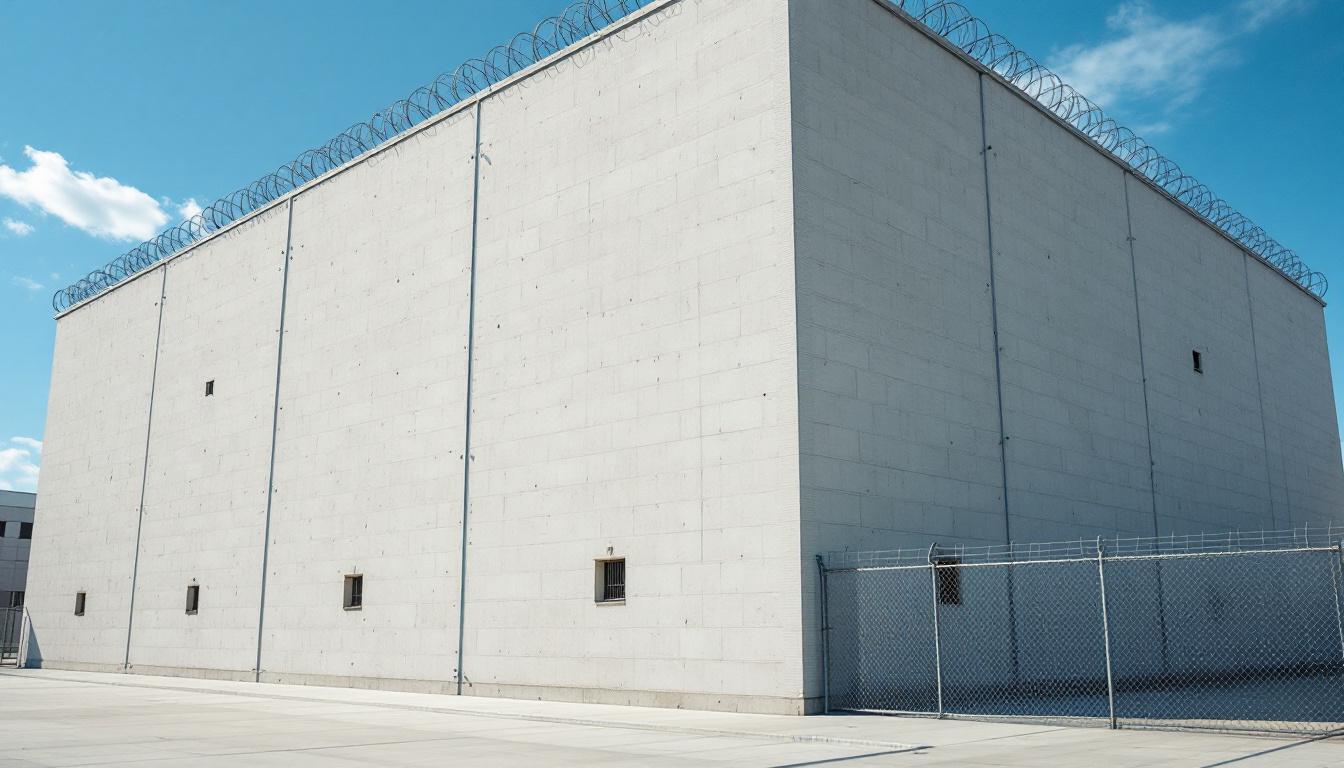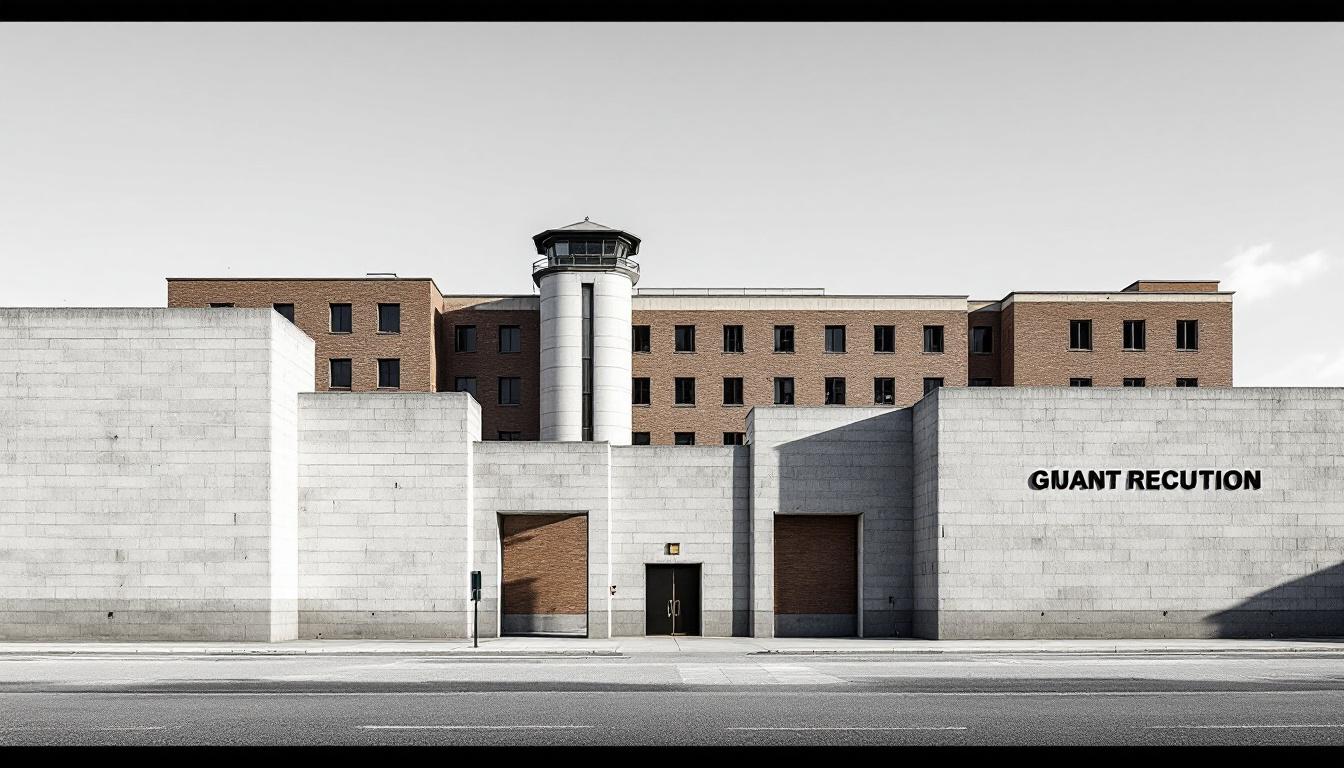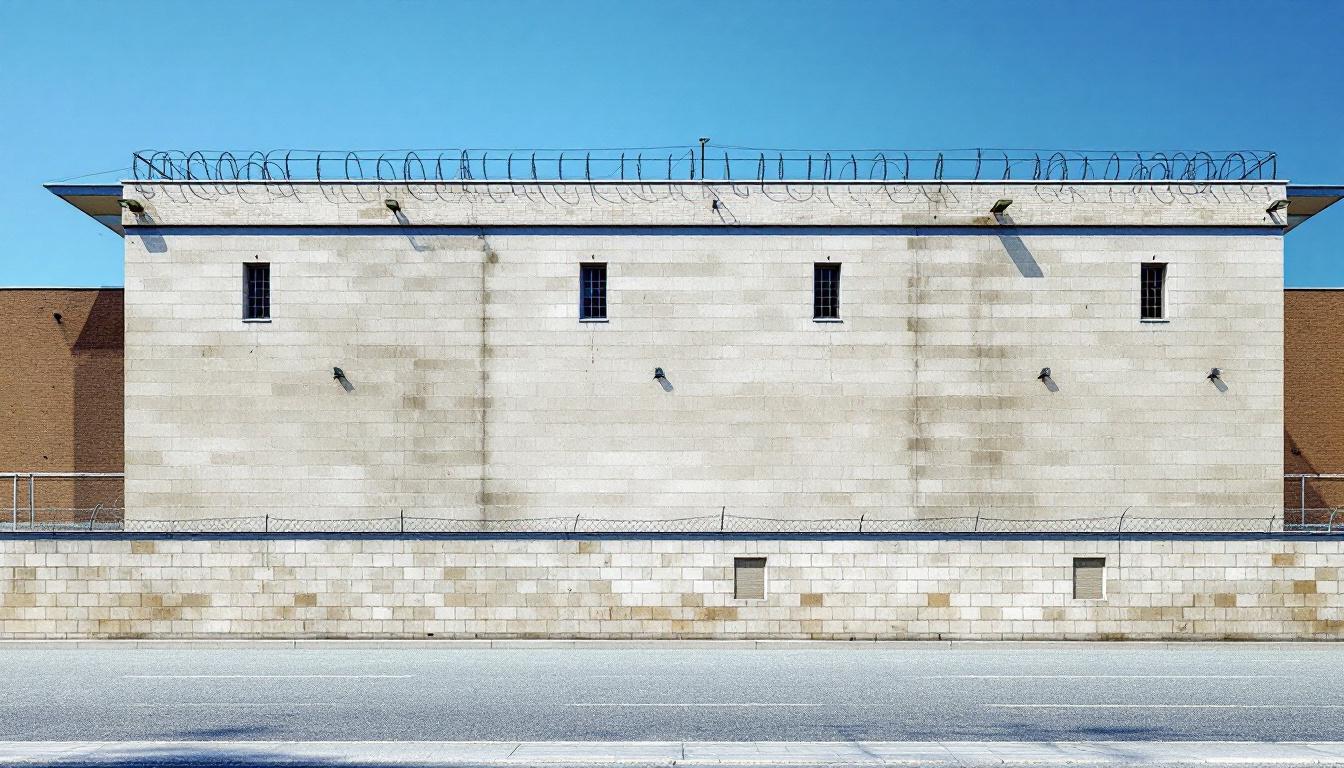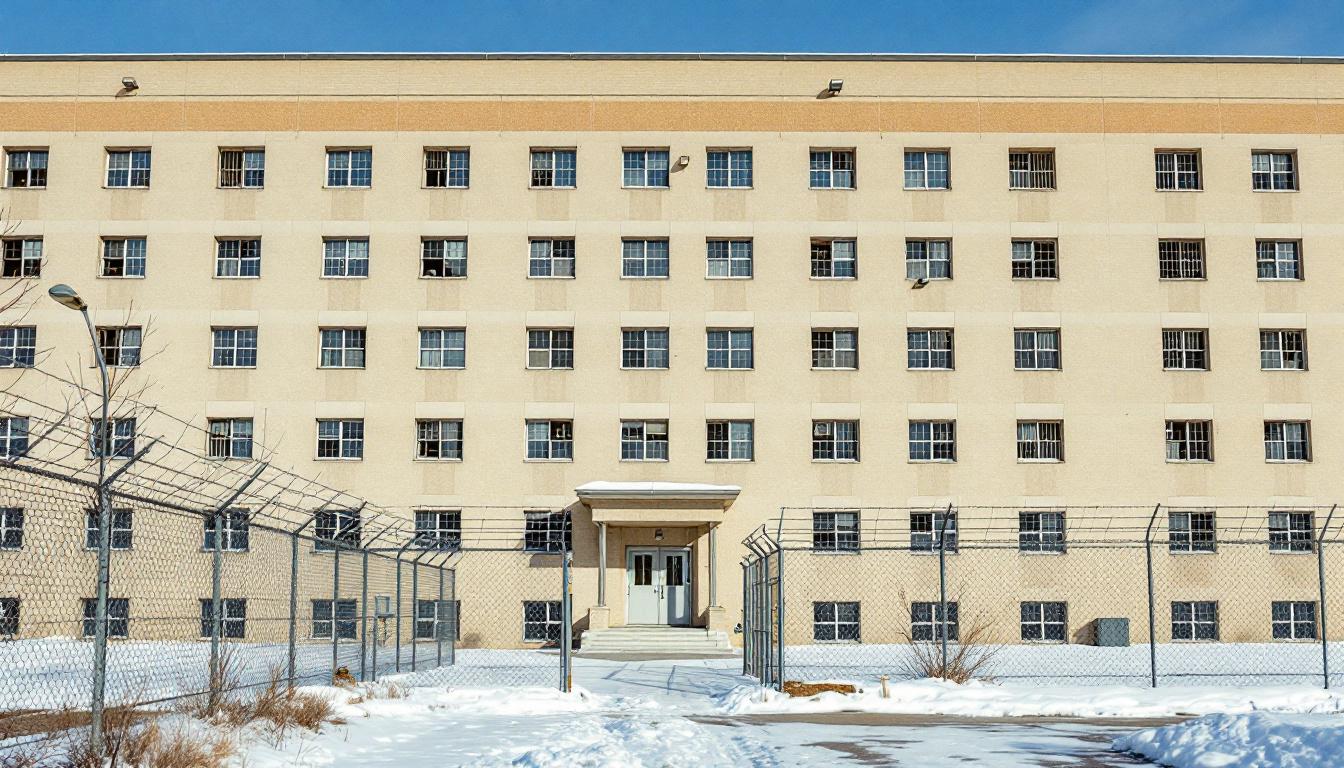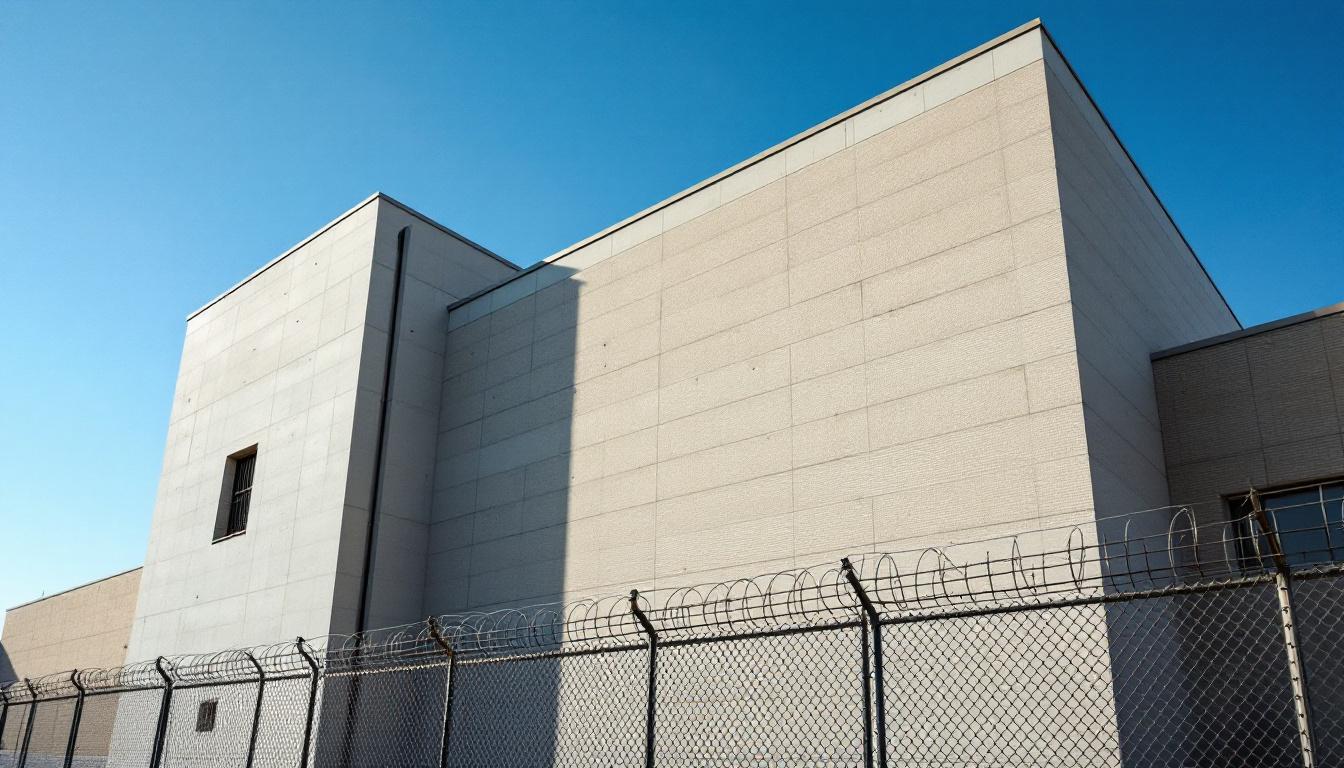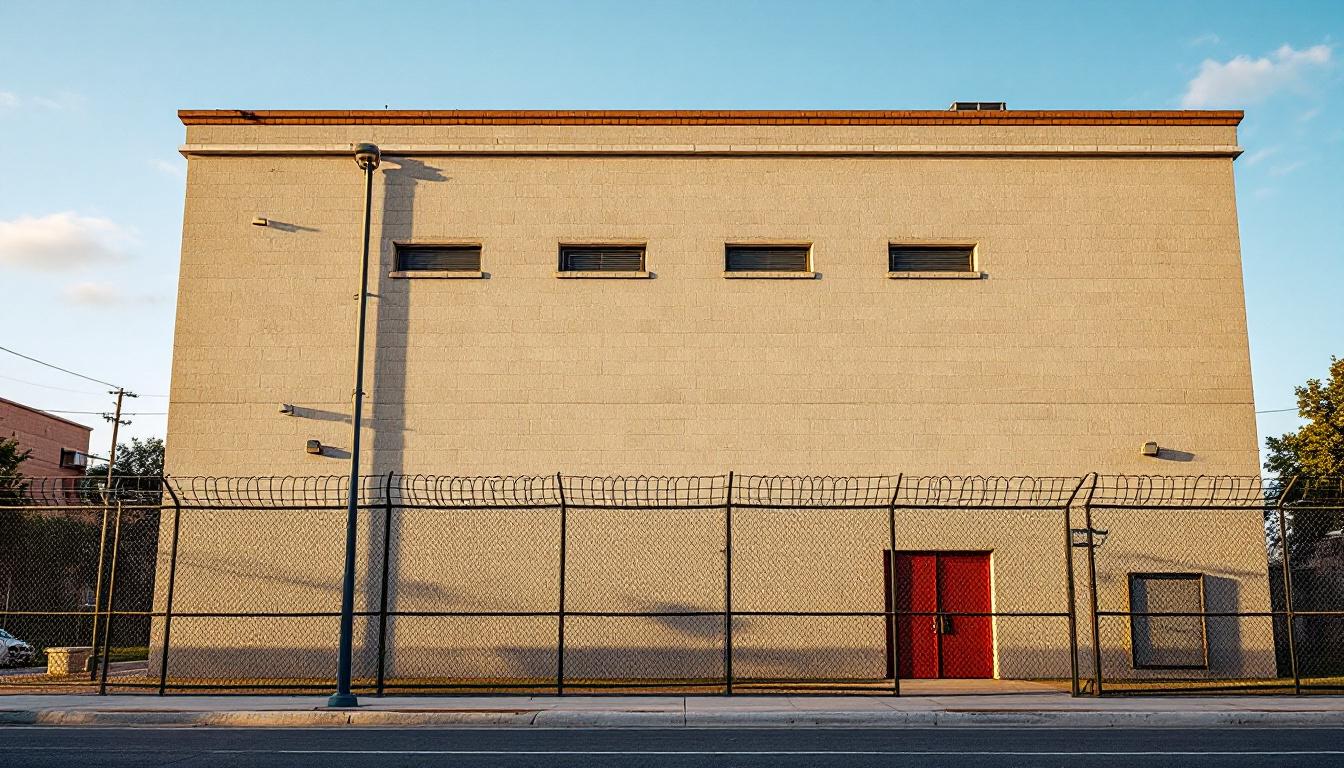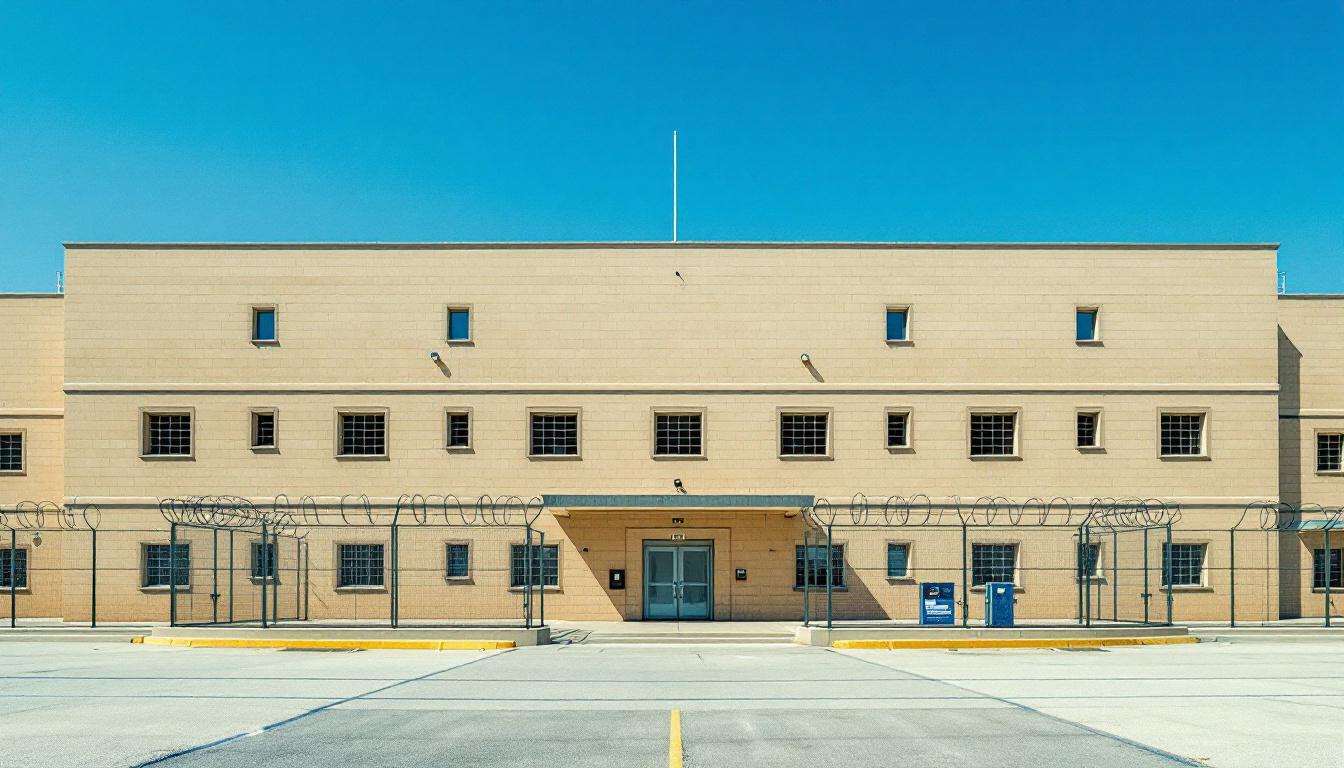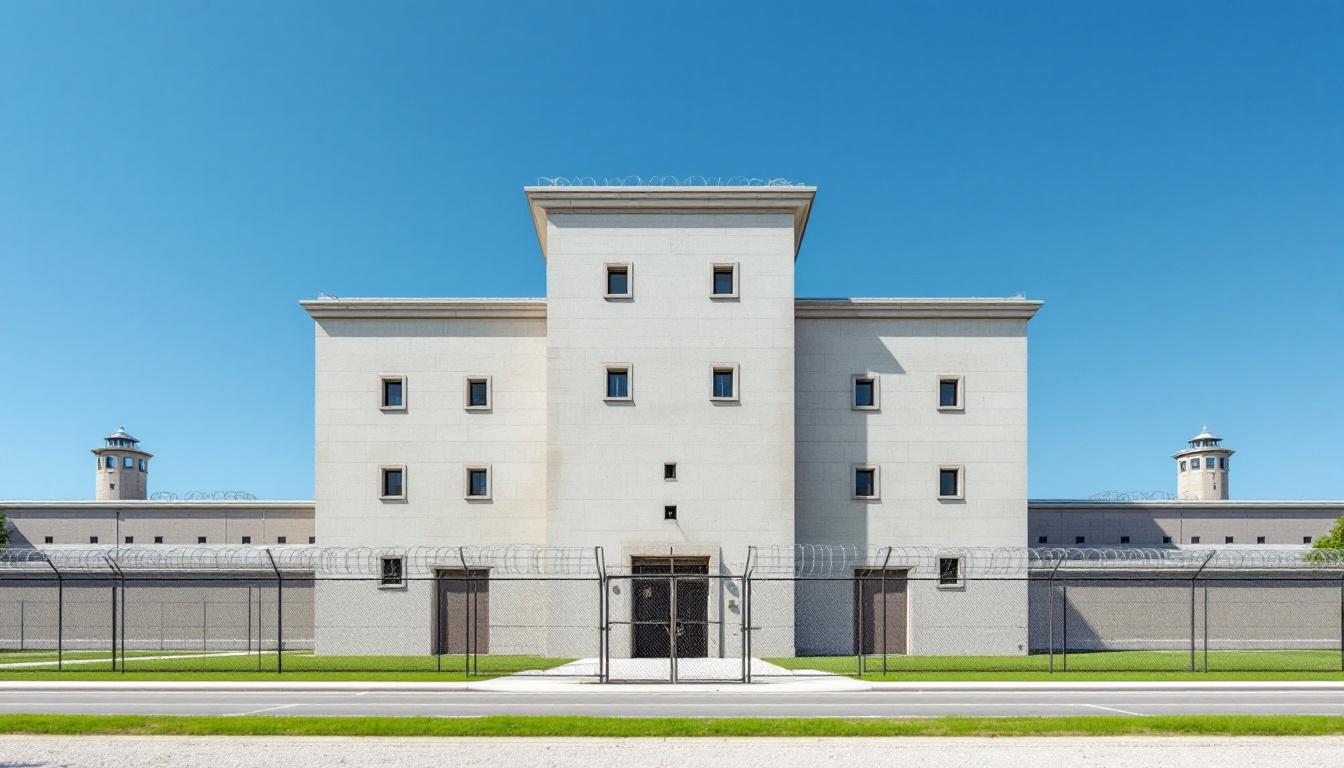
Quick Navigation
How to contact an inmate at Federal Correctional Institution
This comprehensive guide will walk you through how to connect with an inmate at Federal Correctional Institution. Follow the steps below to find an inmate and send letters and photos:
- Search for the inmate using our search tool below
- Create your account or log in to Penmate
- Write your message (up to 6,000 characters)
- Send instantly - inmates receive printed copies daily
Find an Inmate
Search for an inmate to start communicating today
Tip: You can search by first name, last name, or inmate ID number
To contact a person at Federal Correctional Institution start by searching for the person on the official facility website. Perform a search by following these steps:
- Step 1: Enter their first name and last name into the search form and click "Search"
- Step 2: Locate their inmate record
- Step 3: Write down their Inmate ID and any housing information provided
Important! Be sure to enter the person's full name. Nicknames should not be used.
How to Send Messages to Inmates

You can use your phone or computer to send emails, letters, and photos to an inmate. Messages are sent electronically to inmate tablets or kiosks at the facility. If you would like to send a message, start by searching for an inmate at Federal Correctional Institution.
Sending Photos and Postcards

A great way to send love and support to a loved one at Federal Correctional Institution is to send photos and postcards. It only takes a few minutes to send photos from your phone and it makes a huge difference. You can also mail postcards with words of support and inspiration, or design your own postcard for special moments like birthdays and holidays.
Important! Be sure not to send any explicit photos or they may not be approved by the facility. You can also use a photo printing app like Penmate to make sure your photos are printed at the correct size (4x6 or 3x5) and are mailed according to the rules and regulations of Federal Correctional Institution.
Frequently asked questions about Federal Correctional Institution
-
How long does it take to deliver a message?
If you're sending an email message your letter is usually delivered within 24-48 hours. For messages sent via mail you should expect delivery within 3-7 days. All messages will need be approved by Federal Correctional Institution.
-
How much does it cost to send a message to Federal Correctional Institution?
You can send a message free using your phone or mail a message via USPS for the price of a $0.60 stamp and envelope. You can also purchase credits or e-stamps from services starting at $1.99.
-
What services can I use to contact an inmate at Federal Correctional Institution?
Penmate
You can use Penmate to send letters and photos to an inmate from your phone. It's an easy way to stay in touch during your loved one's incarceration. Use the inmate locator to find an inmate's location and contact information, then you can send messages within a few minutes.
Securus messaging
Securus may be another option for communicating with an inmate at Federal Correctional Institution. You can create a friends and family account and purchase credits to send messages. All messages will be reviewed and must be approved by the facility.
JPay
Some county jails and state prisons may support sending messages with JPay. You must register an account with the system, find your loved one, and purchase stamps to send messages. For some locations you can also attach photos.
Smart Jail Mail
You may also check if Smart Jail Mail is available at Federal Correctional Institution. Smart Jail Mail is operated by Smart Communications and has contracted with some state and county jails. After purchasing credits, your messages and photos are sent to the facility, printed out, and then handed out to your loved one.
-
What is the mailing address of Federal Correctional Institution?
Mailing address:
Federal Correctional Institution
27072 SW Ballston Rd
Sheridan, OR 97378
Phone: (503) 843-4442Business hours:
- Monday: 9:00 AM – 4:45 PM
- Tuesday: 9:00 AM – 4:45 PM
- Wednesday: 9:00 AM – 4:45 PM
- Thursday: 9:00 AM – 4:45 PM
- Friday: 9:00 AM – 4:45 PM
- Saturday: Closed
- Sunday: Closed
-
What are the visiting hours at Federal Correctional Institution?
Visiting hours at Federal Correctional Institution vary by housing unit and security level. Generally, visits are scheduled on weekends and holidays, with some facilities offering weekday visits. Contact the facility directly at (503) 843-4442 or check their website for the current visiting schedule. Visits typically last 30-60 minutes and must be scheduled in advance.
-
What items are prohibited when sending mail to Federal Correctional Institution?
Prohibited items typically include: cash, personal checks, stamps, stickers, glitter, glue, tape, staples, paperclips, polaroid photos, musical or blank greeting cards, hardcover books, magazines with staples, and any items containing metal or electronics. Only send letters on plain white paper with blue or black ink. Photos must be printed on regular photo paper (no Polaroids). Always check with Federal Correctional Institution for their specific mail policies.
-
How do I send money to an inmate at Federal Correctional Institution?
You can send money to an inmate at Federal Correctional Institution through several methods: 1) Online using JPay, Access Corrections, or the facility's approved vendor, 2) Money orders mailed directly to the facility with the inmate's name and ID number, 3) Kiosks located in the facility lobby, or 4) Over the phone using a credit or debit card. Fees vary by method, typically ranging from $2.95 to $11.95 per transaction.
-
Can I schedule a video visit with an inmate at Federal Correctional Institution?
Many facilities now offer video visitation as an alternative to in-person visits. At Federal Correctional Institution, video visits may be available through services like Penmate, Securus Video Connect, GTL, or ICSolutions. Video visits typically cost $10-20 for 20-30 minutes and must be scheduled in advance. You'll need a computer or smartphone with a camera and reliable internet connection. Contact the facility for their specific video visitation policies and approved vendors.
-
What identification do I need to visit an inmate at Federal Correctional Institution?
All visitors must present valid government-issued photo identification such as a driver's license, state ID, passport, or military ID. Minors must be accompanied by a parent or legal guardian who can provide the minor's birth certificate. Some facilities require visitors to be on the inmate's approved visitation list, which may require a background check. Contact Federal Correctional Institution for specific ID requirements and visitor approval procedures.
-
How can I find out an inmate's release date?
To find an inmate's release date at Federal Correctional Institution, you can: 1) Use the online inmate search tool if available, 2) Call the facility's records department, 3) Contact the inmate's case manager or counselor, or 4) Have the inmate provide this information during a call or visit. For privacy reasons, some facilities only release this information to immediate family members.
Facility Overview
Contact Information
Federal Correctional Institution27072 SW Ballston Rd
Sheridan, OR 97378
Phone: (503) 843-4442
Official Website

About Federal Correctional Institution
Federal correctional institutions serve as integral components of the justice system, providing structured environments where individuals complete court-ordered sentences while accessing services designed to support eventual community reintegration. FCI Sheridan operates within this framework in Sheridan, Oregon, contributing to the broader network of facilities that serve the Pacific region's correctional needs. The facility's location in Oregon's Willamette Valley positions it within a state system that emphasizes evidence-based approaches to corrections, focusing on programs that research suggests may reduce recidivism and support successful transitions back to community life.
The population services at this OR correctional facility typically encompass educational opportunities, vocational training programs, and substance abuse treatment options that align with federal standards for institutional programming. These services generally operate under the principle that providing individuals with practical skills and addressing underlying issues may contribute to more positive outcomes upon release. The facility's role in Oregon's correctional landscape extends beyond simple containment, as it often participates in the state's broader efforts to implement rehabilitation-focused policies that benefit both incarcerated individuals and the communities to which they will return.
Family connection and community preparation remain central elements of the services offered, with visitation programs and communication systems designed to help maintain important relationships during incarceration. The correctional facility typically provides various forms of programming that may include mental health services, religious accommodations, and recreational activities, all structured to support the overall goal of preparing individuals for successful reintegration into society while ensuring public safety throughout the process.
Programs & Services
Through comprehensive support networks and structured programming, the population at FCI Sheridan receives assistance designed to address individual needs and promote successful community reintegration. The facility's approach typically centers on providing multiple pathways for personal development, recognizing that effective rehabilitation requires addressing educational gaps, developing practical skills, and working through behavioral challenges. These interconnected services create a foundation that may help participants build the tools necessary for maintaining stable lives after release.
Educational services form a cornerstone of the supportive programming, with adult basic education opportunities helping the population work toward completing their high school equivalency credentials. These academic programs often include literacy development and numeracy skills that serve as building blocks for further learning. Also available are vocational programs that may supply hands-on training in various trades and technical skills, giving participants practical experience that could translate into employment opportunities upon their return to the community.
Support services extend beyond academics to address deeper behavioral and psychological needs through specialized programming. Cognitive behavioral programs typically help participants develop better decision-making skills and learn strategies for managing challenging situations they may encounter. The facility also provides sex offender treatment for those who require this specialized intervention, creating a structured environment for addressing these complex issues. Also offered are arts and crafts activities that may serve both as recreational outlets and opportunities for creative expression, contributing to overall well-being and providing constructive ways for the population to spend their time while developing new interests and skills.
Daily Life & Visitation

Organizational systems at FCI Sheridan shape every aspect of how the population experiences their day-to-day environment. Today's routines consistently follow structured schedules that supply predictability and order throughout the facility. The population typically begins each day with scheduled count times, followed by meal service in designated dining areas where residents gather according to their housing unit assignments. Work details and programming activities generally commence after morning procedures, with the population participating in various facility operations including maintenance, food service, and administrative support roles.
Living accommodations at the facility typically consist of housing units designed to manage the population effectively while providing basic necessities. Residents usually share cells or dormitory-style housing, depending on their security classification and the specific unit configuration. Also, the facility generally provides access to personal property storage and commissary services, allowing the population to purchase approved items that supplement their daily needs. However, space and personal belongings may be limited according to facility guidelines and security requirements.
Structured programming schedules supply the population with opportunities for education, vocational training, and recreational activities throughout the week. The facility typically offers library access, fitness facilities, and organized sports that help residents maintain physical and mental well-being. Also, visitation policies generally allow family members and approved contacts to maintain connections through scheduled visits, phone calls, and correspondence. However, these communication options usually operate within specific timeframes and guidelines designed to balance family contact with facility security needs. Programming may also include religious services and counseling opportunities that support the population's personal development during their time at the facility.
Ready to Connect?
Start communicating with your loved one today
Search for an Inmate
